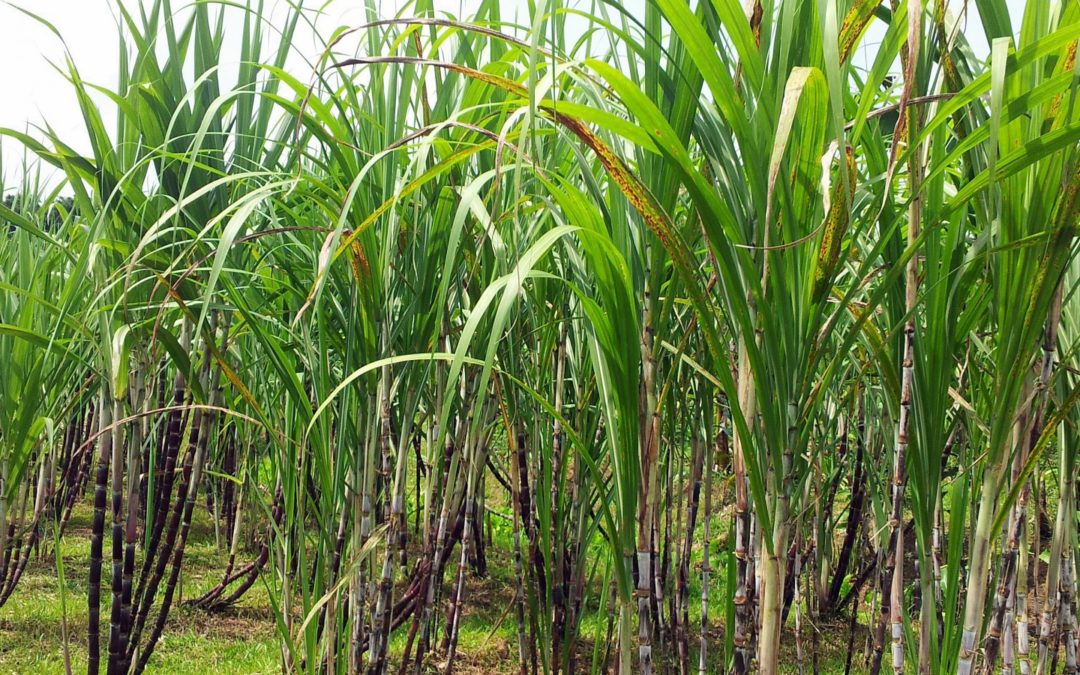How Sugar and Cane Are Used in the Production of Natural Sweeteners
How Sugar and Cane Are Used in the Production of Natural Sweeteners
Blog Article
Why Walking Cane Sugar Processing Chemicals Are Essential for Modern Sugar Refining
The role of walking cane sugar handling chemicals in modern-day sugar refining can not be overstated, as they are important to improving both the effectiveness of extraction and the general quality of the last item. Representatives such as phosphoric acid and certain flocculants are employed to get rid of impurities, resulting in sugar that not only satisfies customer assumptions but additionally sticks to sector standards.
Role of Processing Chemicals
The efficacy of cane sugar processing hinges dramatically on the critical application of handling chemicals. These chemicals play an essential duty in enhancing the performance and high quality of sugar removal and refining. From the first phases of juice removal to the last purification steps, handling chemicals facilitate different crucial operations.
In the removal phase, chemicals such as phosphoric acid and calcium hydroxide are employed to maximize the information procedure, assisting to eliminate pollutants and put on hold solids from the walking stick juice. This not just boosts the return however likewise makes sure the clearness of the last product. Furthermore, agents like flocculants aid in the rapid settling of pollutants, therefore improving the total procedure.
Activated carbon and ion exchange resins serve to get rid of color and odor, making certain that the refined sugar fulfills consumer high quality standards. Therefore, the thorough choice and application of these chemicals are crucial for achieving optimum end results in walking cane sugar processing.
Key Types of Chemicals
Cane sugar handling relies on a variety of essential chemicals that facilitate each phase of manufacturing. These chemicals play crucial roles in making clear, bleaching, and cleansing the sugar extracted from cane.
One main classification of chemicals consists of flocculants, such as polyacrylamide, which aid in the explanation procedure by advertising the aggregation and settling of contaminations. In addition, calcium hydroxide is commonly utilized to neutralize acidity and assist in the elimination of non-sugar components.
Bleaching representatives, such as activated carbon and sulfur dioxide, are made use of to decolorize the syrup, resulting in a more clear end product. These chemicals aid get rid of shade substances that might affect the sugar's appearance and marketability.
Furthermore, phosphoric acid functions as a pH regulator during the processing stages, guaranteeing ideal conditions for the enzymatic tasks involved in sugar removal and purification.
Other essential agents include edta (ethylenediaminetetraacetic acid), which chelates metal ions that could catalyze undesirable responses, and sodium hydroxide, which assists in pH control throughout the refining procedure. Collectively, these chemicals boost effectiveness and make certain a top quality cane sugar item.
Advantages for Sugar Quality
Commonly neglected, making use of particular handling chemicals considerably boosts the overall high quality of walking cane sugar. These chemicals play a pivotal function in refining procedures, ensuring that the final item fulfills rigid market standards for pureness and taste.

Additionally, refining chemicals assist in achieving a constant granulation and structure, which are important for consumer approval. By controlling the condensation process, these chemicals make certain that the sugar crystals create uniformly, bring about an extra enticing item that liquifies well in different applications.
In addition, the usage of these chemicals can enhance the life span of walking cane sugar by reducing dampness absorption and microbial development. Generally, the strategic application of handling chemicals is important for supplying premium walking cane sugar that satisfies customer expectations and market needs.
Environmental Impact Factors To Consider

In addition, the energy-intensive nature of sugar refining, compounded by chemical use, commonly causes increased carbon exhausts. click This adds to climate modification and raises concerns concerning the sustainability of present refining techniques. Furthermore, the sourcing of these chemicals might include practices that endanger biodiversity, such as monoculture farming, which decreases the resilience of farming ecosystems.

To alleviate these impacts, sugar refiners are increasingly checking out lasting choices and taking on finest practices that decrease chemical usage. Applying rigorous environmental management systems can help guarantee that the refining procedure lines up with environmental standards and promotes biodiversity. Ultimately, a balanced approach that focuses on both sugar high quality and ecological stewardship is vital for the long-term viability of the sugar sector.
Future Patterns in Refining
As the sugar industry faces the ecological difficulties connected with standard refining methods, ingenious methods are emerging to boost both effectiveness and sustainability. One considerable fad is the adoption of eco-friendly chemistry principles, which focus on making use of non-toxic, biodegradable handling chemicals. This shift not just minimizes environmental effect however likewise addresses customer demand for cleaner production methods.
An additional encouraging development is the implementation of sophisticated filtering innovations, such as membrane layer separation and adsorption processes. These methods boost the clearness and quality of the sugar while decreasing the volume of wastewater generated throughout refining. Furthermore, the assimilation of electronic technologies, including IoT and AI, is transforming operational effectiveness by enabling real-time tracking and predictive upkeep, therefore lessening resource waste.
Moreover, using byproducts from sugar refining, such as bagasse and molasses, is obtaining grip. These materials can be exchanged biofuels or value-added items, contributing to a circular economic situation within the industry. Collectively, Read Full Article these patterns signal a change in the direction of more lasting methods that not just improve operational performance yet likewise align with global sustainability objectives, making certain the future practicality of sugar refining.
Verdict
Walking cane sugar handling chemicals are vital in modern-day sugar refining, substantially boosting the effectiveness and high quality of sugar removal. The strategic use these chemicals not only enhances the purity and taste of the end Continue product yet also ensures regular condensation and appearance. As the market increasingly prioritizes sustainability, the adoption of environmentally-friendly handling representatives is most likely to shape future trends in refining, inevitably resulting in better items and prolonged service life for customers.

Ultimately, a balanced technique that prioritizes both sugar high quality and environmental stewardship is essential for the long-term stability of the sugar industry.
Cane sugar handling chemicals are essential in modern-day sugar refining, significantly boosting the efficiency and quality of sugar extraction.
Report this page